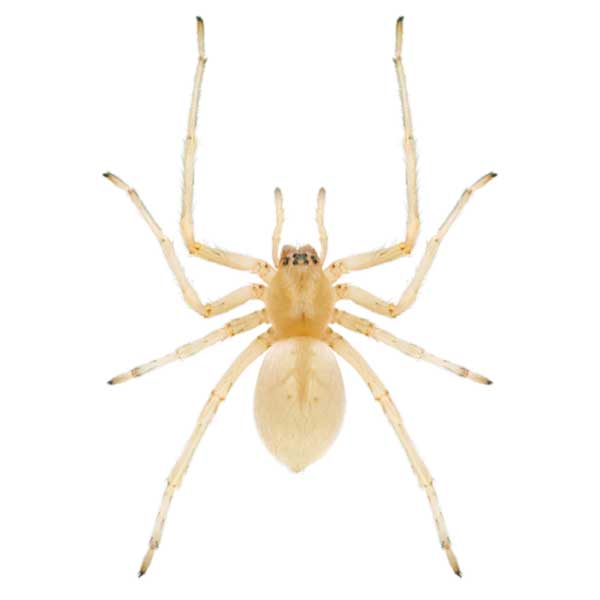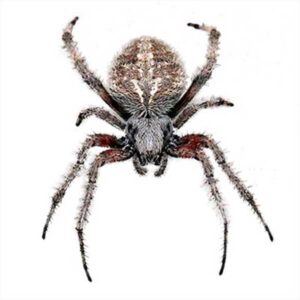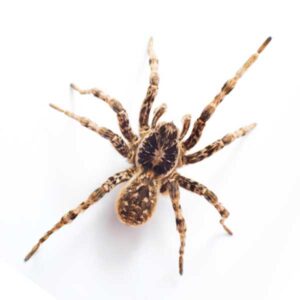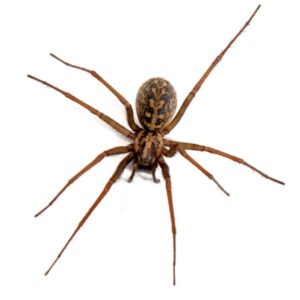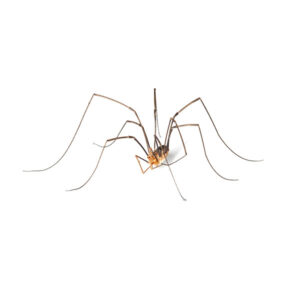Sac Spiders in The Mississippi Gulf Coast
Sometimes referred to as a “yellow sac spider”, these spiders are often pale yellow in color and have even been known to have a hint or tinge of green. Similar to most spiders, sac spiders prefer to stay away from human contact and typically only find their way indoors by accident. The sac spider is commonly found in homes and is often mistaken for the brown recluse because it is similar in shape, but the sac spider lacks the “fiddle” pattern of the brown recluse. For the most part, sac spiders prefer to feed on a variety of types of spiders along with other garden insects.
Sac Spider Habitat
Outdoors, sac spiders can be seen in gardens, under vegetation, bark, in rolled leaves, and organic debris. Sac spiders are often shipped in agricultural products such as grapes and can make their way into homes on produce. It is common to see these spiders inside a home during the fall as they begin to seek warmth from the dropping temperatures outdoors. Sac spiders can easily climb slick surfaces and will construct silk, sac-like retreats wherever walls meet other walls or ceilings.
Sac Spider Behaviors, Threats, or Dangers
Sac spiders are hunting spiders that use their silk sac only for their retreat or for their egg capsules. They are nocturnal, hunting at night for other insects. The bite of a common sac spider can be misdiagnosed as a brown recluse spider bite. Injuries develop in a similar manner but are much less severe. Although the bite of a yellow sac spider can be painful, it is not medically significant except for allergic individuals. Reactions, such as swelling, slow healing, and ulcerated sores around the bite site, are similar enough to be confusing. If you suspect that you have been bitten by a spider, seek medical attention if symptoms persist or intensify.
If you need help with sac spiders, contact your local spider exterminators.
Need help with Sac Spider control?
We'll call you! Leave your information below.

